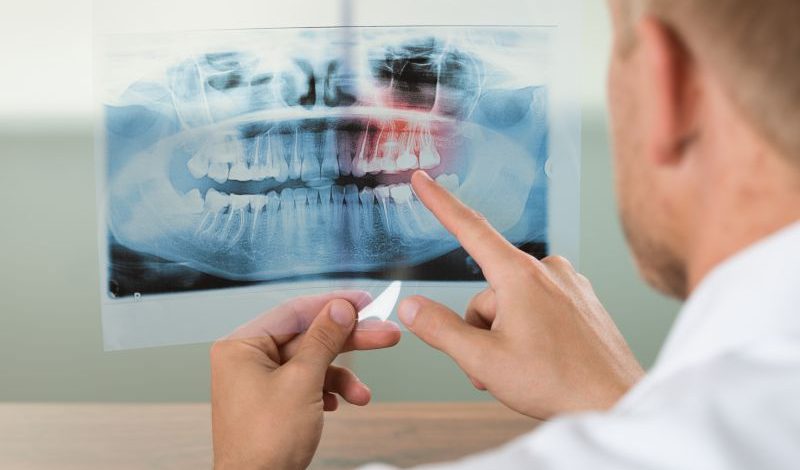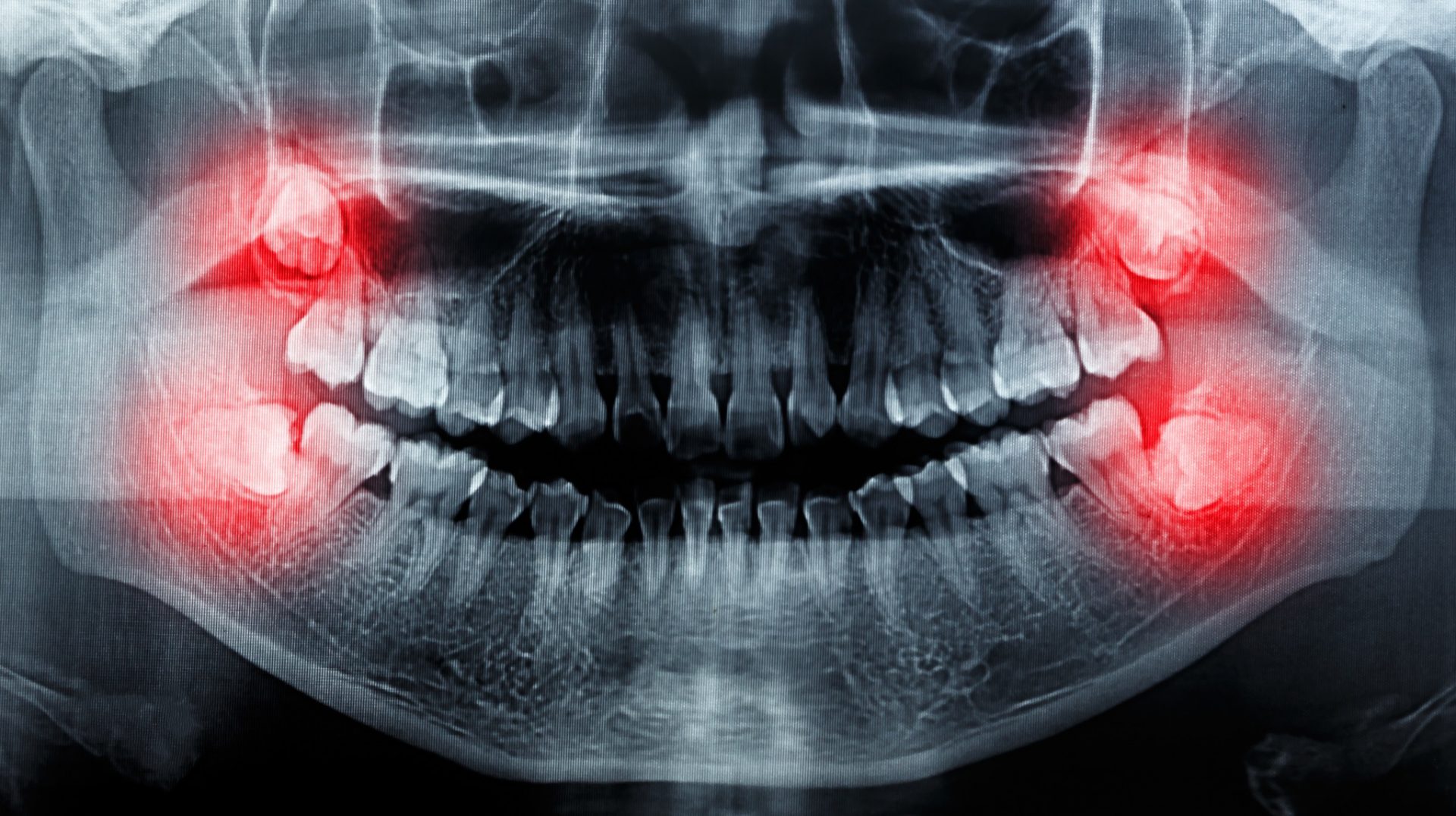Oral surgery
Oral surgery or more precisely oral maxillofacial surgery is a collective term for dental treatments involving surgical intervention, usually performed by an oral surgeon. This covers many things from extractions to complex bone transplantations.
The oral surgery procedures in dentistry are typically surgical tooth extractions, sinus lifts, bone grafts, lateral bone augmentations, bone transplantations and dental implantation. Thanks to the latest technologies almost everyone with missing teeth or even fully toothless patients can get permanent teeth with the help of oral maxillofacial surgery.
A complicated root situation can also occur with normal teeth requiring a surgical treatment to be able to be removed.

SURGICAL EXTRACTIONS – WISDOM TEETH REMOVAL

Wisdom teeth are usually strongly anchored, have 3-4 roots and require a surgical treatment to be able to be removed. Further we experience many times wisdom teeth growing in as they can frown in the jaw in various ways and most of the time their position diverges from the normal.
This can be explained by the fact that over the millennia the facial skeleton, especially the jaws, got smaller, therefore there’s less space available for the same number of teeth. It is becoming more and more common that wisdom teeth don’t form at all hence the lucky patient has no problems with them as the wisdom teeth are coming through and do have the necessary space.
WHAT WISDOM TEETH SYMPTOMS CAN OCCUR AND WHY?
It cannot erupt fully, part of it (or the whole wisdom tooth) stays under the gums, which swells painfully and an inflammation occurs.
Partly erupted wisdom teeth are harder to clean and the part under the gums cannot be cleaned at all. This can cause bad breath and cavities with time.
If it is aligned wrongly, e.g. horizontally in the jawbone, then it can cause the piling of other teeth. In some cases it may result in cavities or root resorption of the neighboring tooth.
In conclusion, we can say that most of the time it is justified to remove the wisdom teeth.
THERE ARE TWO WAYS OF WISDOM TOOTH REMOVAL
The first is simple extraction, if the crown of the tooth is erupted and can be removed with simple dental pliers.
The other method is removal of the tooth via surgery, when it is not at all, or only partially, grown into the mouth. This case requires a more complex procedure: cutting the gums, drilling the bone and extracting the tooth from the bone. Based on the situation it might only be possible to extract the tooth in parts. We also do wisdom tooth removals in general anesthesia.
If you have any questions do not hesitate to contact us!
